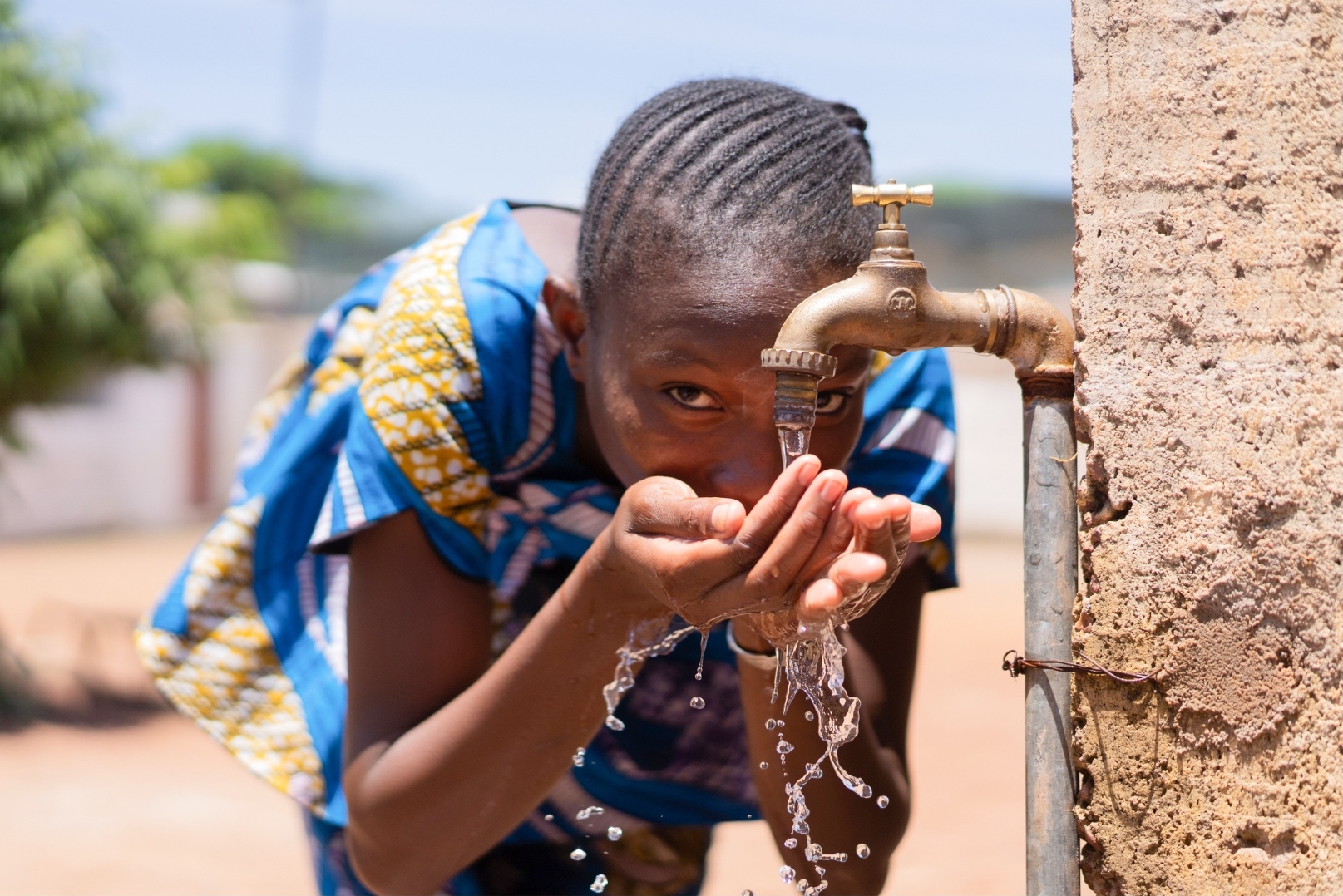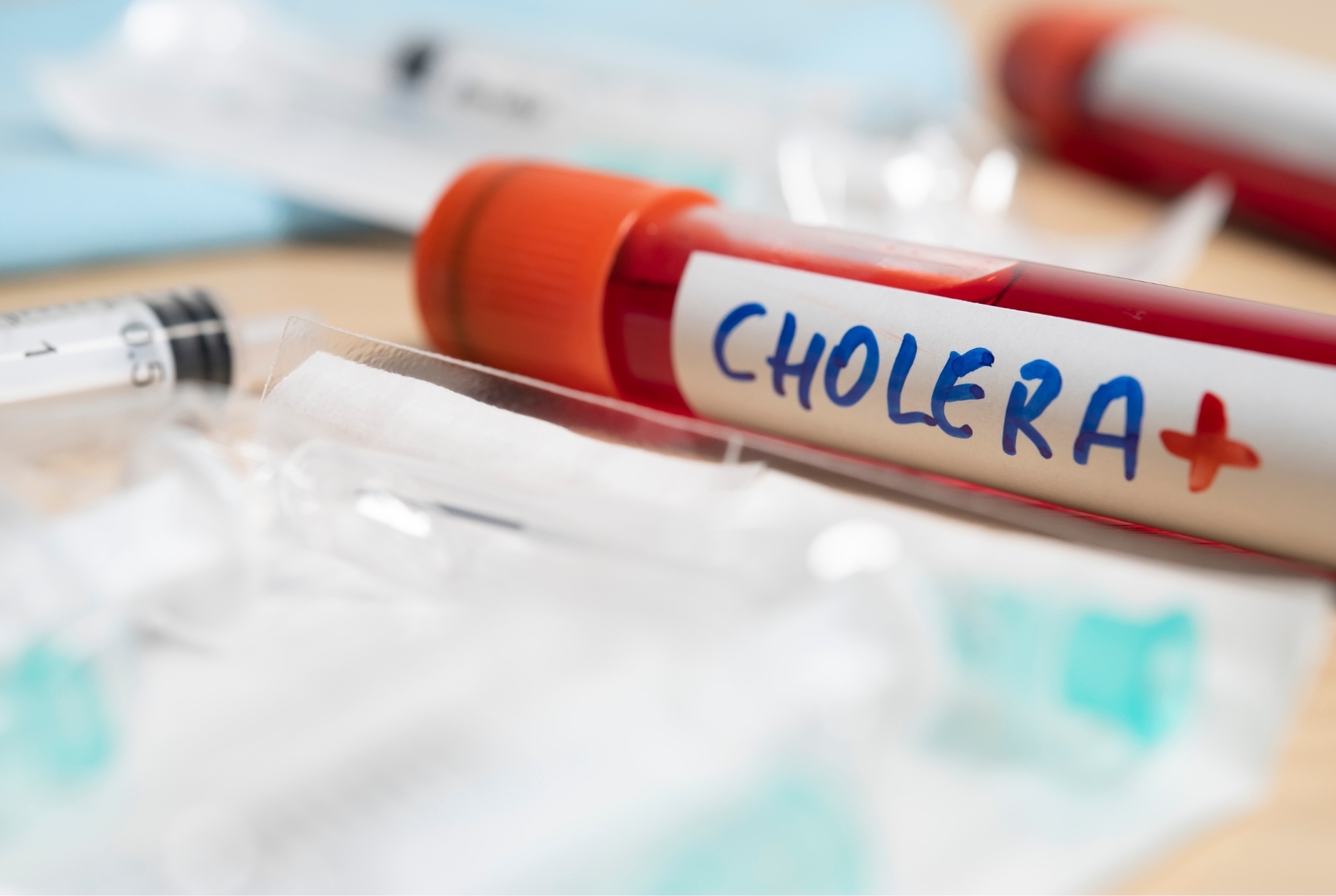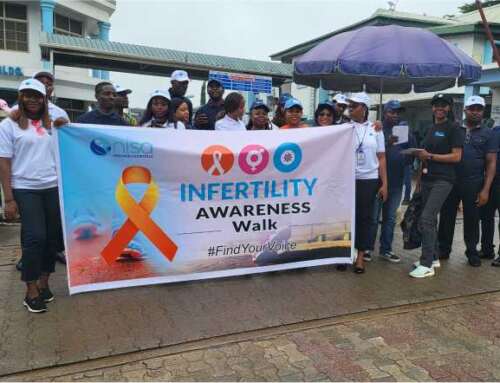
Understanding Cholera: Prevention, Symptoms, and Treatment
Cholera is a severe diarrheal disease caused by the bacterium Vibrio cholerae. It is usually spread through contaminated water and food, and if left untreated, can be life-threatening. Cholera is a significant public health concern, especially in regions with poor sanitation and limited access to clean drinking water. In this blog post, we will explore the causes, symptoms, prevention methods, and treatment options for cholera.
Causes of Cholera
Cholera is primarily transmitted through:
- Contaminated Water: Drinking water contaminated with Vibrio cholerae is the most common source of cholera infection.
- Contaminated Food: Eating food that has been contaminated with the bacteria, often due to poor hygiene and food handling practices.
- Poor Sanitation: Inadequate sanitation facilities and practices can lead to the spread of cholera bacteria in the environment.
Symptoms of Cholera
Cholera can cause a range of symptoms, from mild to severe. The most common symptoms include:
- Severe Diarrhea: Sudden onset of profuse, watery diarrhea or stools
- Vomiting: Frequent vomiting, which can lead to rapid fluid loss.
- Dehydration: Symptoms of dehydration, such as dry mouth, extreme thirst, low urine output, and sunken eyes.
- Muscle Cramps: Due to the loss of electrolytes and fluids.
- Weakness and Fatigue: Resulting from severe dehydration and electrolyte imbalances.
Prevention of Cholera
Preventing cholera involves measures to improve sanitation, hygiene, and access to clean water. Here are some key prevention strategies:
- Drink Safe Water: Use boiled, treated, or bottled water for drinking, cooking, and brushing teeth. Avoid using ice made from unclean water.
- Practice Good Hygiene: Wash hands thoroughly with soap and clean water, especially before eating and after using the bathroom. Use alcohol-based hand sanitizer if soap and water are not available.
- Eat Safe Food: Ensure food is cooked thoroughly and consumed hot. Avoid raw or undercooked seafood, and wash fruits and vegetables with safe water.
- Maintain Clean Surroundings: Dispose of waste properly and keep living environments clean and free from contaminants.
- Use Safe Sanitation Practices: Ensure access to clean and functional toilets. Avoid open defecation, which can contaminate water sources.
- Vaccination: Cholera vaccines are available and can provide protection against the disease. Consult with a healthcare provider to determine if vaccination is appropriate, especially if traveling to cholera-endemic areas.
Treatment of Cholera
Cholera can be effectively treated with prompt medical intervention. The primary treatment goals are rehydration and the management of symptoms:
- Oral Rehydration Solution (ORS): Drinking ORS, a mixture of water, salts, and glucose, can help replace lost fluids and electrolytes.
- Intravenous Fluids: In severe cases, intravenous fluids may be necessary to rapidly rehydrate the patient.
- Antibiotics: Antibiotics may be prescribed to reduce the severity and duration of symptoms, although they are not always necessary.
- Zinc Supplements: Zinc supplements can help reduce the duration and severity of diarrhea in children.
Conclusion
Cholera remains a significant global health challenge, particularly in areas with poor sanitation and limited access to clean water. By understanding the causes, symptoms, prevention methods, and treatment options, we can take proactive steps to protect ourselves and our communities from this potentially deadly disease.
Maintaining good hygiene, ensuring access to safe water, and seeking prompt medical treatment can save lives and reduce the impact of cholera outbreaks. Stay informed, stay vigilant, and prioritize health and safety in your daily practices.






